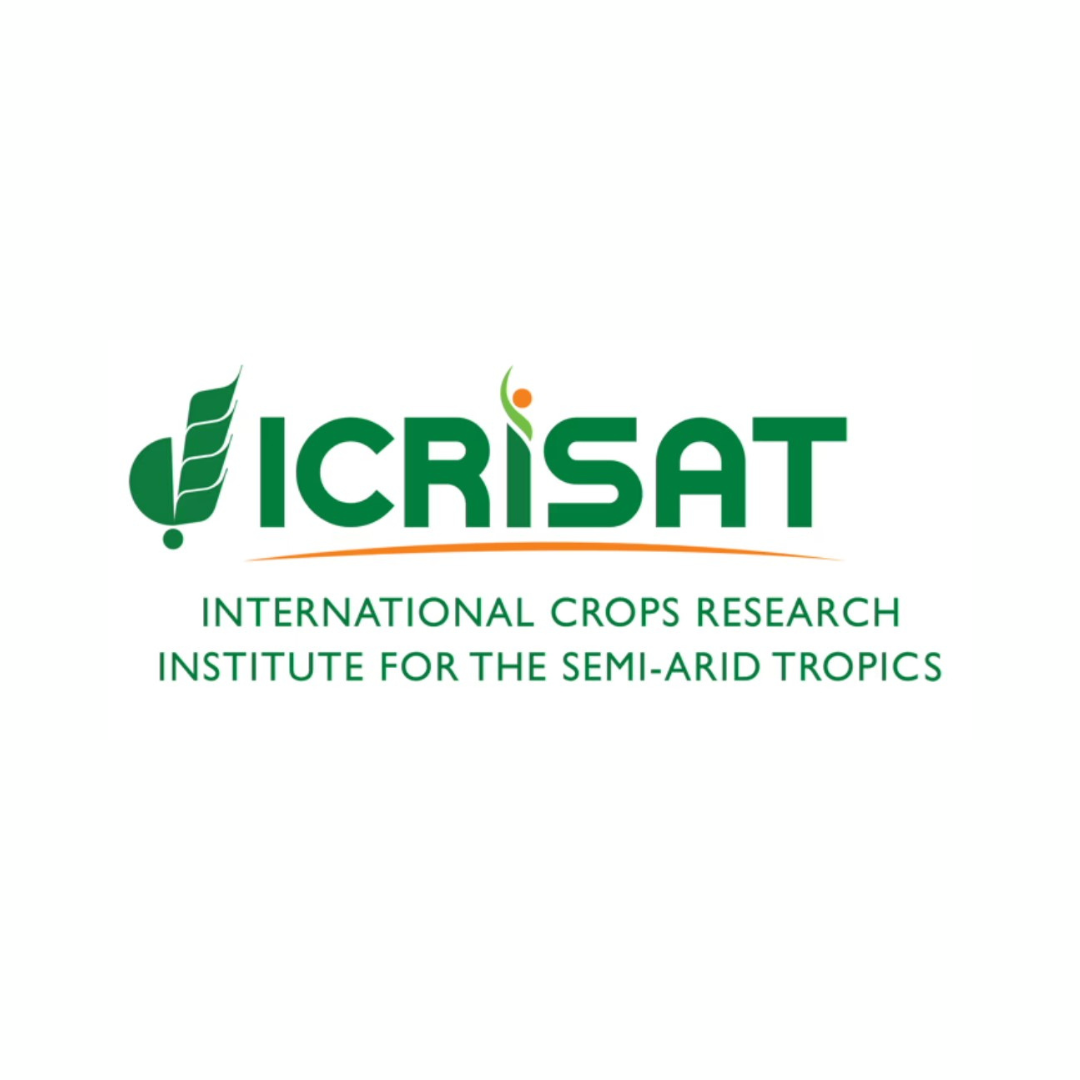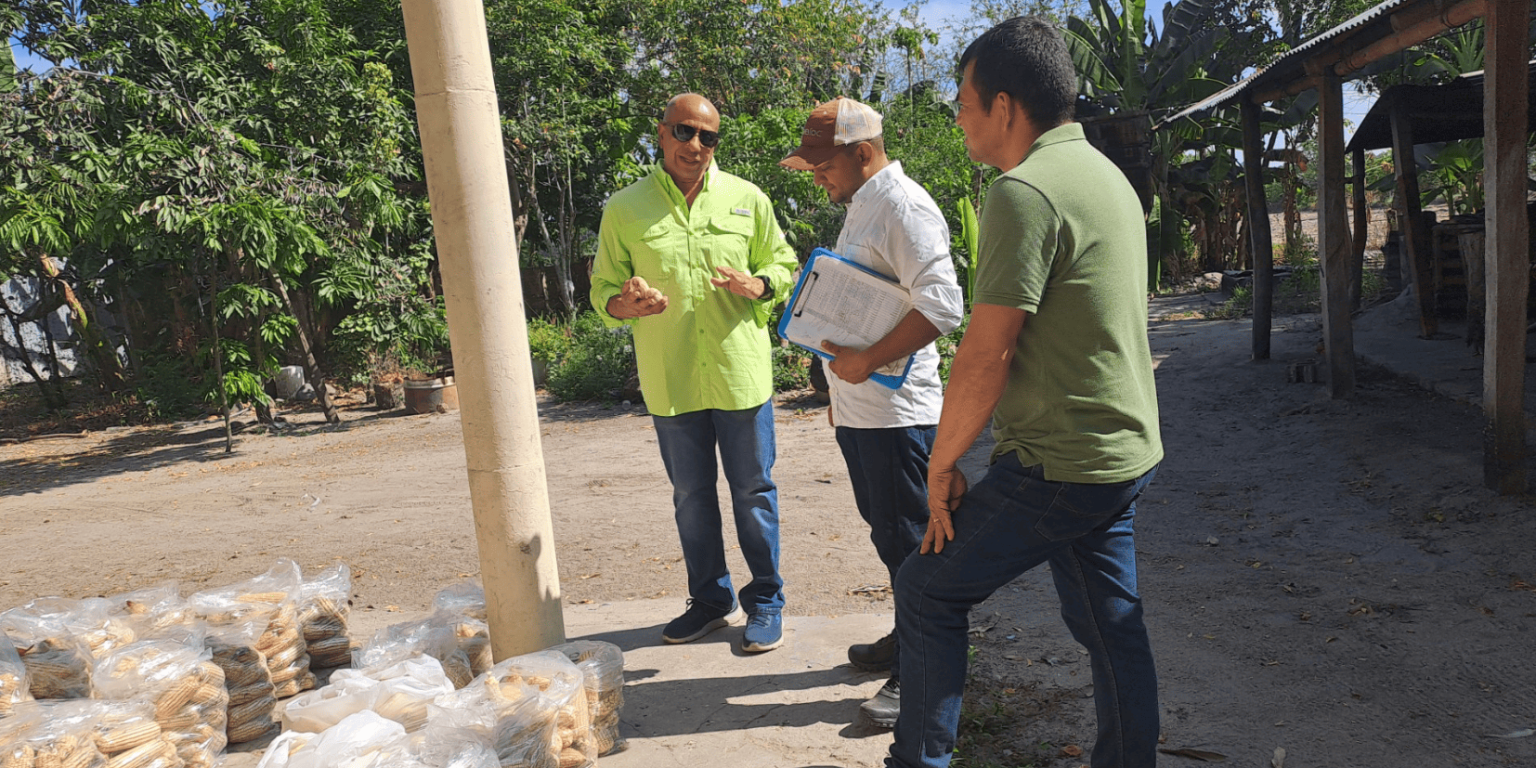CIMMYT hosted the 10th installment of its online seminar series — Catalysts of Change: Women Leaders in Science — featuring Carolina Trivelli, senior researcher at the Institute of Peruvian Studies (IEP) and former Minister of Development and Social Inclusion in Peru.
Bram Govaerts, CIMMYT Director General, introduced Carolina as a “trailblazer in the true sense” whose area of work includes rural finance and financial inclusion. Carolina is a researcher at the IEP and was the first Minister of Development and Social Inclusion in the Peruvian government. “That’s what we call walking the talk and sticking to your values,” said Bram.
Pushing the frontiers in social innovation and financial inclusion
Carolina shared excerpts from her professional career, highlighting how she contributes to social change in Peru and supports leaders in the region to advance innovation.
Carolina spent 20 years working at IEP, the oldest social science think tank in Peru, focusing on political science, education, sociology, anthropology, and history. She collaborated with other economists on rural development, poverty, and inequality, concentrating on providing good and relevant credit in agriculture.
She began her career in agricultural finance, working on microfinance and microcredit programs in Peru, and promoting savings as a means of accessing the financial sector. “We ran an initiative with 8–10 countries in the region to promote the use of the financial sector for social programs such as delivering cash transfers to vulnerable people in the region. In 2005, this was groundbreaking because back then, poor people would never go to a bank for cash transfer,” Carolina said.
“We began working with governments and think tanks to convince them that adding financial inclusion to cash transfer programs would help recipients face shocks and make better economic decisions,” she explained.
Value of teamwork and communication
In 2011, Carolina was appointed by the President of Peru to build the Ministry of Development and Social Inclusion. She recalled how on Day One, she had to work with just a team of two vice ministers, a laptop, and a phone. “I was appointed in October, and we had to ensure the ministry was up and running by January 2. I learned that everything is about the team, and the only way to finish tasks on time is to have a good team working together,” she said.
During this role, Carolina faced many challenges. “The first challenge was to explain to people why we need a new sector. I was the face of the ministry, and I had to be very communicative. It was key that we were transparent about our strategy and progress indicators,” she shared. In May 2013, she requested the President to release her from this role. “However, I am still using my voice to ensure that the Ministry keeps performing in an efficient, transparent, and apolitical way to ensure that the benefits of social assistance reach those who need it the most,” she shared.
My heart is rural
Next, Carolina worked with the private sector for two years, building a collaborative initiative among 35 competitors to develop a mobile wallet for the poor. This experience showed that while the private sector is easier to work with, the public sector can make significant changes and have an enormous impact. She also worked with international organizations that push the frontiers of social innovation and financial inclusion. “My heart is rural, and I prioritize working with rural people. My professional career has allowed me to use my voice wisely,” she said.
Financial inclusion leads to economic autonomy for women
Women’s empowerment and economic autonomy are causes close to her heart, Carolina shared during the Q&A session with Eva Valencia, Scaling Coordinator at CIMMYT.
Carolina spoke about her work with rural women in developing countries, providing them with conditional cash transfers, debit cards, and ATM access. She recalled how during COVID–19, these women were the first to receive government support, allowing them to access money without social contact.
“The big takeaway is that when you do things that are good for people, you may not see the benefits immediately, but in a crisis, you really value those benefits,” she said.
Supporting and mentoring women
Carolina emphasized the importance of mentoring and supporting women, especially in developing countries. She shared that she dedicates one-third of her time to research work, publishing books, and advising organizations. Carolina also works with Sanima, a social enterprise that provides sanitation to underprivileged communities. Her role there, among other things, is to cheer and support young women leaders of Sanima.
She shared that every woman in a leadership position should empower and inspire others. “It’s possible to move through the leadership ladder; you will be supported; you will have friends and other women who will not only inspire you but also mentor you and stick with you,” she said.
She also stressed the need for new types of male leaders who can work with women without imposing age-old biases.
For new and upcoming women leaders and professionals, Carolina emphasized the importance of never giving up and always being able to say “no” without needing to provide excuses. “No is a complete sentence,” she said.
Reducing the inequality gap in the agri-food systems
Carolina shared how financial inclusion is a simple yet transformative tool that can improve agri-food systems. “It can be seen as a toolbox for individuals to choose what they need at any given moment, such as savings accounts, insurance, or pensions. By having the whole toolbox, individuals can join a network of people working with the financial sector,” she suggested. To improve agri-food systems, it is essential to connect more people within the systems, make information more accessible, and pave the way for a more equitable and sustainable system, she shared with the audience.

 Climate adaptation and mitigation
Climate adaptation and mitigation 
